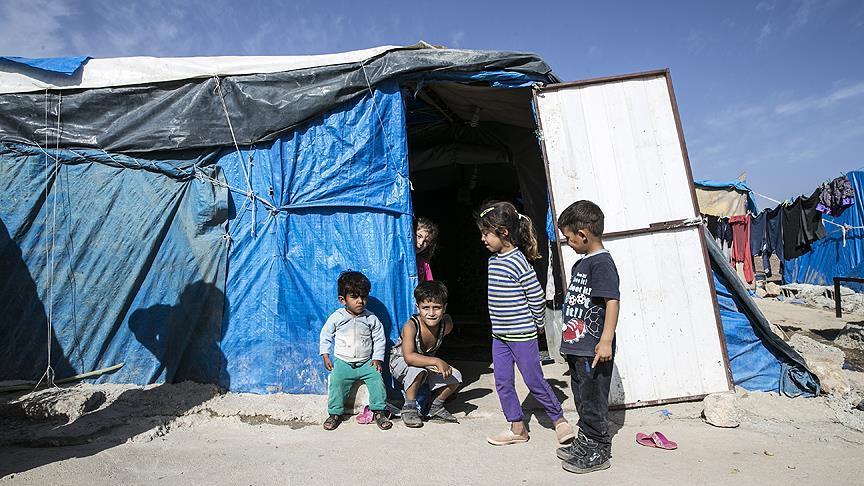
Estimates indicate that around 300,000 children have been affected by the severe Storm Daniel across eastern Libya as an increasing number of children and families desperately need humanitarian assistance after the significant damage to homes, hospitals, schools, and other essential infrastructure.
Storm Daniel wreaked havoc in eastern Libya on Sunday, causing dams to collapse and buildings to collapse in several towns, especially in Benghazi, Al-Bayda, and the coastal city of Derna.
The city of Derna, with a population of approximately 90,000 people, had already been severely affected by conflict and had struggled to recover for years due to extensive damage.
According to reports, Storm Daniel has claimed the lives of over 5,000 people, with hundreds more still missing. At least 30,000 displaced individuals are currently sheltering in schools and various locations, isolated and unreachable. Several primary healthcare centres are out of service, and floodwaters have affected at least ten primary healthcare centres.
“Children in Libya are once again facing another tragedy after more than a decade of conflict. Our priority is to increase life-saving assistance, especially in providing health, water, sanitation, psychosocial support, tracing families for children, and preventing waterborne diseases. To avert a catastrophe, we cannot afford to waste any time,” said Michela Servadei, UNICEF Representative in Libya, who is currently visiting flood-affected areas. “We know from past disasters around the world that floods often pose a greater threat to children than the extreme weather events themselves. Children are among the most vulnerable and are at great risk of disease outbreaks, lack of safe drinking water, malnutrition, disrupted learning, and violence.”
In addition to the immediate risks of death and injury, flooding in Libya poses a severe threat to the children’s health and safety. With diminishing supplies of safe drinking water, the likelihood of diarrheal diseases and cholera, as well as drought and malnutrition, increases significantly. At the same time, children who lose their parents or become separated from their families are more vulnerable to protection risks, including violence and exploitation.
UNICEF has been actively supporting children in Libya since 1957 and has mobilized critical supplies to support immediate humanitarian response. This assistance includes basic medical supplies for 10,000 people, 1,100 hygiene kits, water treatment materials, and clothing sets for 500 children.
UNICEF urgently requires a minimum of $6.5 million for life-saving emergency response and is ready to support children and families in need of humanitarian assistance in Benghazi, Al-Bayda, Derna, and other affected areas. Immediate priorities include providing safe drinking water, medical supplies, mobile health teams, psychosocial support, and family tracing.
